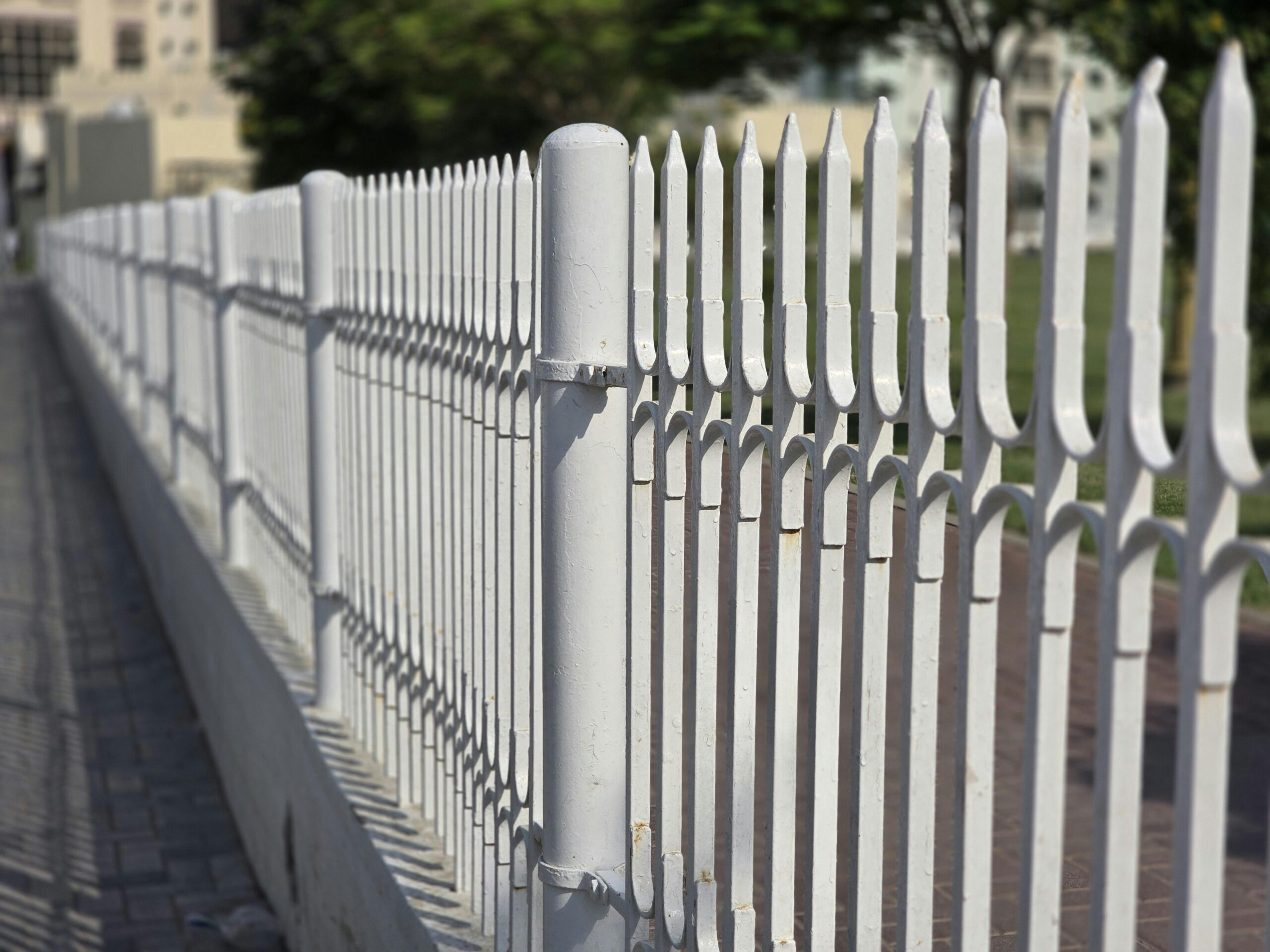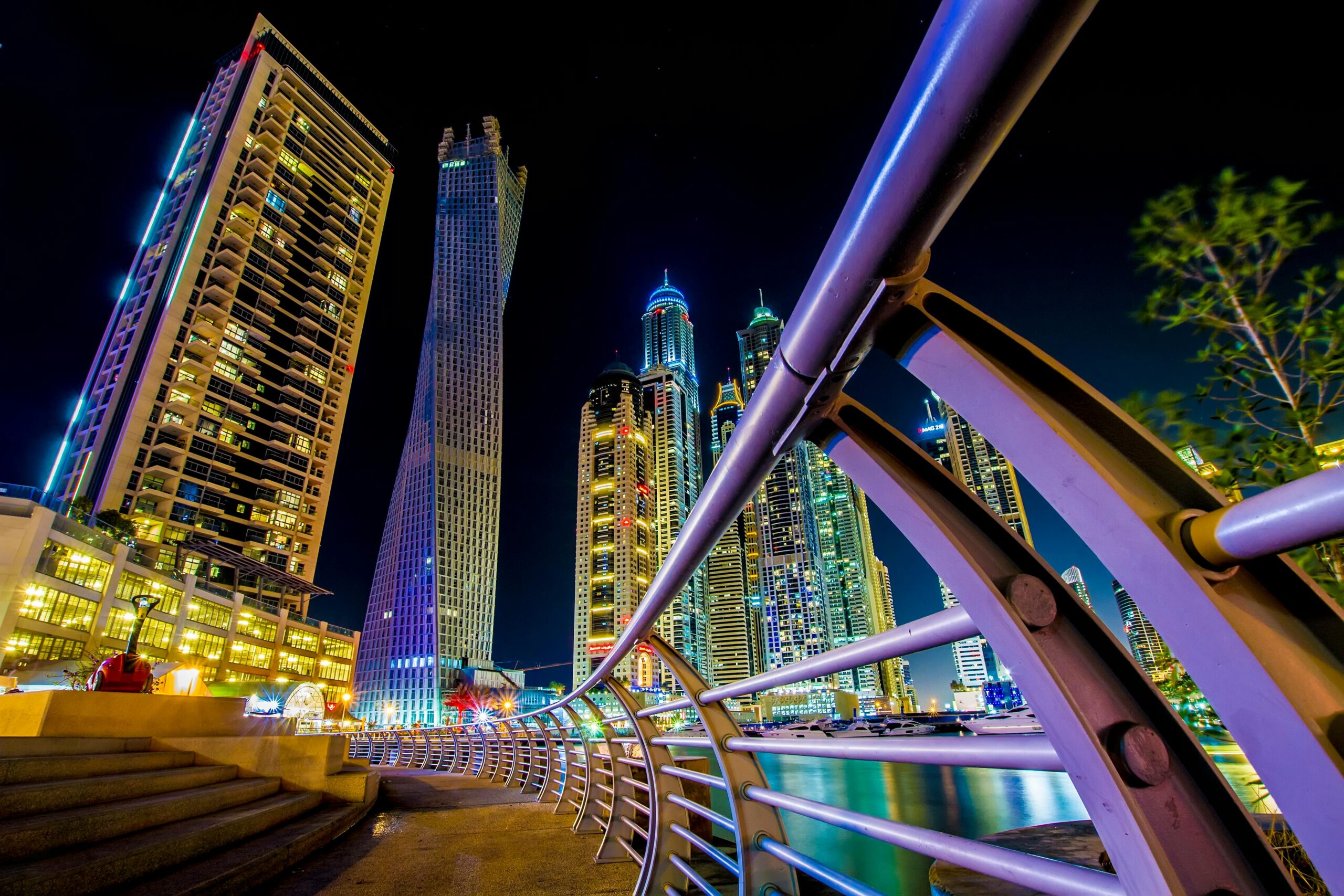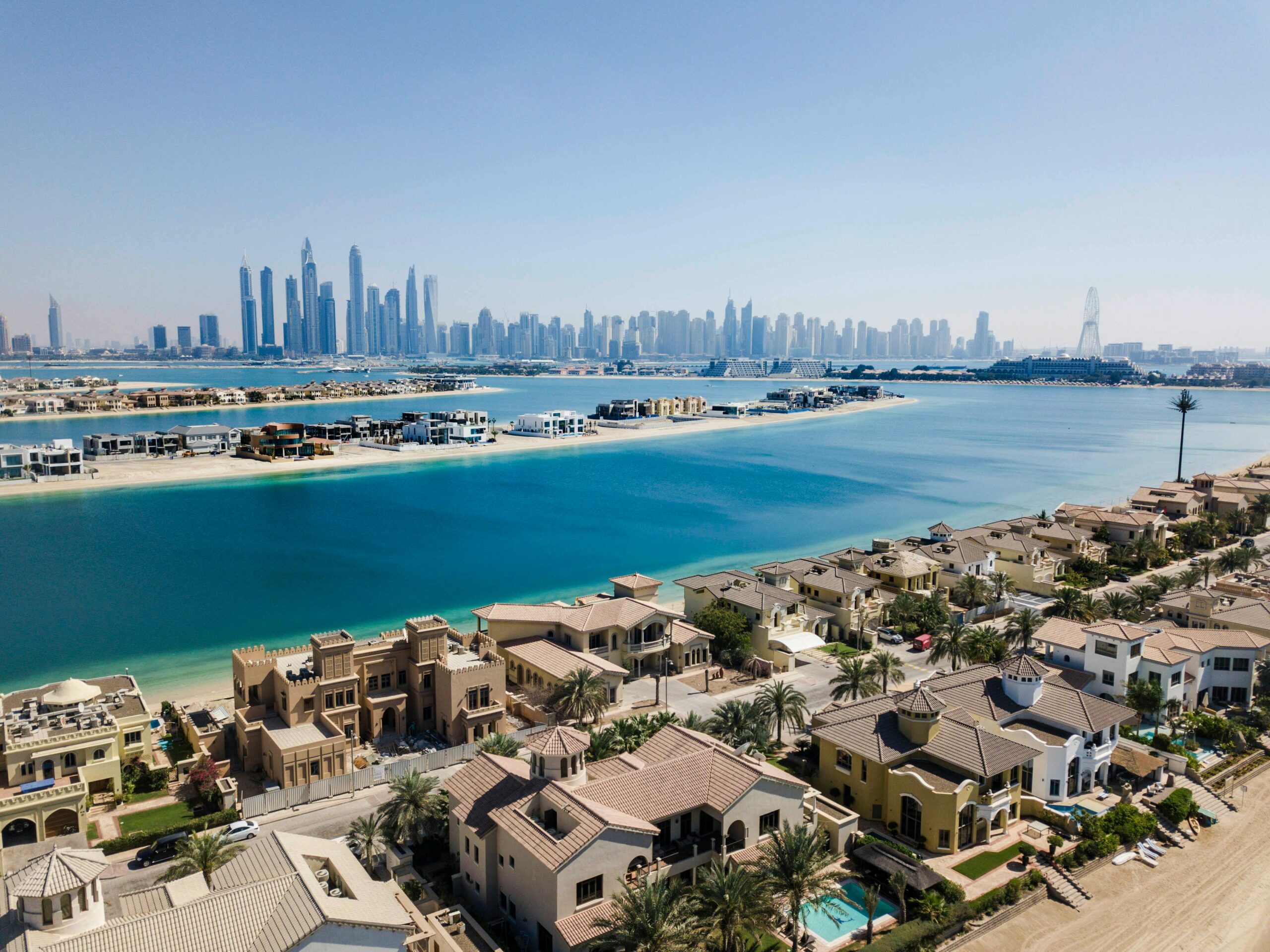- Key Takeaways
- Why Dubai’s Property Market Shines
- How Dubai Protects Your Investment
- Understanding Property Ownership
- Smart Buying: A Safer Journey
- Navigating Property Disputes
- Proactive Steps for Investors
- Conclusion
- Frequently Asked Questions
Key Takeaways
- Dubai offers strong investor protection due to its government oversight and legal frameworks. Highly specialized agencies such as the Dubai Land Department and RERA further reinforce this protection.
- Combined with the city’s diversified economy, high rental yields, and absence of property taxes, this makes Dubai a great choice for property investment.
- For investors, transparency and safety of transaction processes such as escrow accounts and clear title of ownership are key to minimizing risk and building confidence.
- International buyers may purchase properties in both freehold and leasehold interest. Simple regulations and clear eligibility criteria allow for an easy market entry.
- To protect property investments in Dubai, always do your due diligence. Do your due diligence and check developer credibility, and always consult local legal advice.
- Strong dispute resolution systems give property owners and tenants clear, effective paths to resolving issues rather than throwing them into the court system. Their rights are well protected by solid legal contracts.
Property investor protection in Dubai involves a strict set of laws and regulations. These protections protect buyers, sellers, and renters from bad actors in the residential real estate market.
The Dubai Land Department and RERA supervise transactions, resolve conflicts, and ensure contracts are transparent. These moves boost investor confidence and reduce risks for both local and international investors.
Understanding these regulations better equips prospective buyers to make informed decisions and protect themselves from fraud. The following sections explain in detail what these protections entail and how they operate.
Why Dubai’s Property Market Shines

Dubai’s property market shines due to its robust fundamentals and transparent investor protection regulations. Buyers from around the globe see real value here, with modern towers, no annual property taxes, and a steady flow of new projects. This city’s property market is fueled by a rigid regulatory environment and a diverse economy.
With a high rental return and a cosmopolitan, diverse horizon, its appeal can be irresistible.
Strong Government Oversight
The Dubai Land Department (DLD) is the key actor. It serves as the authority for all real estate transactions, maintaining official ownership records. Beyond that, it helps make sure each and every sale they oversee is conducted lawfully.
The Real Estate Regulatory Agency (RERA) ensures that developers and agents adhere to rules that safeguard buyers. These agencies cooperate to ensure the property market remains equitable and consistent.
Dubai’s legal system fosters confidence by bestowing ironclad rights upon property owners and investors. Laws are the means by which markets resolve disputes and guarantee that investments are safe. They safeguard purchasers, irrespective of nationality.
Robust Economic Foundation
The foundation of Dubai’s economy is not based on a single sector. Tourism, finance, trade, and logistics contribute to maintaining the city’s growth momentum. Even when oil prices change, other sectors maintain the market’s buoyancy.
Consistently high tourism numbers and a constant influx of foreign investment has caused a dramatic increase in property values. They have risen 20% in the 12 months to May 2024. These patterns are a testament to the city’s strength and why investors continue to return.
Attractive Rental Income
Rental yields often average at least 6–7%, much more lucrative than real estate returns in other global cities such as Paris or New York. Popular spots like Downtown Dubai, Dubai Marina, and Jumeirah Village Circle see steady rental demand due to a growing expat population and business activity.
With no taxes on rental income or capital gains, investors get to enjoy their earnings in full. Taken together, this configuration makes future long-term appreciation a strong possibility.
Global Hub, Stable Currency
Dubai is located at the intersection between Europe, Asia and Africa. This ascertains its appeal to global investors, tourists, and businesses alike. The local currency, the dirham, is pegged to the US dollar, adding additional stability.
This greatly lowers risk for buyers across the globe and positions Dubai as a prominent location for international trade and property investment.
How Dubai Protects Your Investment
This makes it a very attractive market for local and international buyers alike. The city’s real estate regulations emphasize the values of transparency, fairness, and security. High barriers to entry and fierce competitive protection through strict regulations and a strong legal structure are key. They further help reduce risks and foster confidence in each property transaction.
1. DLD: Your Property Guardian
The watchdog of Dubai’s robust real estate market is the Dubai Land Department (DLD). It maintains meticulous records of every property and transaction, and ensures that sellers and buyers are complying with rules and regulations.
Thanks to the Interim Registration Law, every off-plan sale needs to be registered with DLD. This piece of legislation protects buyers from the common practice of a seller selling the same unit to multiple buyers.
DLD employees assist investors conduct legal due diligence and provide guidance on ownership rights, ensuring each transaction is safer.
2. RERA: The Regulatory Watchdog
The Real Estate Regulatory Agency (RERA) regulates all developers, brokers, and real estate agencies operating within the emirate. RERA ensures that they are properly licensed and trained.
To this end, it enforces strict laws that shield buyers from manipulative sales tactics or unexpected fees. When a dispute arises, RERA is there to assist in resolution and ensure that all agreements are equitable.
Its green certification is a landmark initiative that helps investors understand who they can trust.
3. Escrow Accounts: Securing Funds
Escrow accounts are used to protect buyers’ funds when purchasing off-plan. It’s the law. By law, developers are required to deposit funds into these accounts.
In addition, DLD monitors the usage of funds to ensure that developers cannot divert buyer payments to other uses. This arrangement greatly reduces risk in the event a developer does not complete a project.
4. Investor-Friendly Legal Frameworks
UAE law protects property investors with transparent rights. Recent reforms have strengthened the hand of buyers to contest delays or shoddy work.
These laws allow developers to establish critical information about the project and provide means for dispute resolution. Investors can further protect their investment by establishing limited liability corporations (LLCs) to provide additional protection and in certain jurisdictions, achieve full foreign ownership.
5. Recent Pro-Investor Enhancements
Dubai learns from experience to strengthen confidence. New investors insurance plans protect buyers from risks such as fire or flood.
Off-plan buyers are now legally protected and fully informed through disclosure and guarantees. These actions reaffirm Dubai’s commitment to maintaining a transparent and secure investment environment.
Understanding Property Ownership
For property investors, further options for real estate ownership in Dubai exist. Together, each approach has a significant impact on the future of your investment and what you’re allowed, required, or incentivized to do.
The two most prevalent forms are freehold and leasehold ownership. Your rights and the places you can purchase in vary greatly based on which type you choose. The regulations you have to abide by depend on which road you take. Understanding these structures allows you to better determine where to purchase, how long to hold, and what kind of return to anticipate.
Freehold vs. Leasehold Explained
Freehold ownership is common in the U.S. Means you own your home—and the land under it—outright. This is often seen in hot neighborhoods such as Palm Jumeirah, Downtown Dubai, and Dubai Marina. Foreigners are able to purchase in these regions and possess property for a maximum of 99 years.
This form provides indefeasible rights, the ability to resell at any point, and unfettered rental authority. Conversely, leasehold ownership allows you to rent out the land for 10–99 years. You receive the rights to occupy and sublease the structure, but you do not own the ground underneath it.
We know that leaseholds suit short- to medium-term objectives, or investment in areas otherwise unavailable to freehold. Resale and rental market much stronger for freehold but at times the entry price is more favorable with leaseholds.
The Zero Property Tax Benefit
The most remarkable thing about Dubai is that it does not impose income tax and capital gains tax on real estate transactions. This tax-exempt arrangement keeps rental returns maximized and capital gains are not taxed.
Investors are able to retain a higher percentage of their returns, which has made Dubai an investment hotspot for international property purchasers.
Rules for International Buyers
Foreign investors are allowed to purchase freehold property in designated areas. Nearly all will require a valid passport and proof of funds.
The Dubai Land Department is the only authority to register property ownership. The Ejari system is required by all landlords renting property—it renders lease contracts legal and safeguards both parties.
Be sure to research the current regulations, as certain regions or property ownerships may have restrictions for foreign purchasers.
Smart Buying: A Safer Journey

Putting money into Dubai’s real estate market requires strategic decision-making. The local market has powerful investor protections in place. There’s more to smart buying than simply signing on the dotted line. Providing time and space for buyers to review information and understand the process is crucial.
This unique approach allows them to avoid pitfalls and create better investments. Escrow accounts and project registration are examples of government rules that can protect buyer funds while ensuring projects stay on schedule. Flexible payment plans, low upfront fees, and extra perks from developers make Dubai appealing. These benefits work best when buyers stay alert and well-informed.
Key Steps to Property Purchase
- Research the market and pick the right property type.
- Build relationships with reputable agents and developers who have been tested by time.
- Look closely at all offered incentives, payment plans, maintenance plans, and post-handover services.
- Visit or, for off-plan, visit previous developments and site visit.
- Have an attorney review contracts before sending any money as a deposit.
- Prepare documents: passport, email, mobile number, and down payment.
- Settle the four percent Dubai Land Department registration fee.
Partnering with trusted agents and developers helps ensure a relaxed process. These red flags are caught through inspections and legal review before any money exchanges hands.
Decoding All Associated Costs
Purchasing in Dubai involves a lot more than covering the asking price. There are associated costs, such as annual registration, maintenance, and service fees. Often developers will waive fees or provide rental guarantees, but buyers should always read the fine print.
Smart buying means budgeting for all expenses—from purchase price to future maintenance. Calculating true costs prevents buyers from being blindsided by unexpected costs.
Verifying Developer Legitimacy
Verifying Developer Legitimacy is a crucial step that should go without saying. Check for their completed projects, client feedback/reviews, and if they adhere to the RERA guidelines.
Request documentation of project registration and escrow account information. Doing your due diligence prevents buyers from being scammed or sold an incomplete build.
Navigating Property Disputes
Business transactions in Dubai have often been fraught with peril. Whether due to missed payments, ambiguous contractual language, or property transfer between generations, disputes are bound to arise. Like any area of law, both property owners and tenants need to be aware of their rights and duties under UAE law. This serves to prevent much larger issues later on.
The city’s regulations ensure a fair process with clearly established procedures if something goes wrong. Often, clear documentation and open communication can prevent potential problems from escalating. When negotiations collapse, Dubai’s system takes over with mechanisms to resolve disputes.
Dubai’s Dispute Resolution Systems
Dubai provides several options to resolve property disputes. The Rental Dispute Center (RDC) is where the bulk of landlord-tenant disputes are handled. Here, both parties are able to present their argument in a quick, succinct manner.
Mediation is often ordered first. A neutral mediator attempts to help both parties come to an agreement before the matter goes to court. This speeds up the process and reduces expenses. The Dubai Land Department (DLD) and Real Estate Regulatory Authority (RERA) further assist parties by providing transparency with defined regulations and guidance.
These are important steps, making the market a safer and more open place for everyone.
Your Legal Avenues
If negotiation or mediation fails, investors may bring their dispute before Dubai’s judiciary. Legal assistance is absolutely necessary, since laws can vary drastically from emirate to emirate. Courts consider the specific facts, the underlying contract and UAE real estate laws on the books to determine what would be fair and equitable.
Understanding your rights and responsibilities before entering any agreement safeguards your investment should circumstances change unexpectedly.
Importance of Solid Contracts
Contracts are your first line of defense in Dubai. They need to detail every right, obligation, schedule, and process for terminating the agreement. Confirm that you understand all terms, clarify anything you are unsure about, and seek legal advice.
Well-drafted, understandable, and equitable contracts prevent misunderstandings and ensure that all parties are working towards the same goals.
Proactive Steps for Investors
Interest in Dubai’s property market continues to grow around the world, and savvy investors understand that the best defense begins with smart investment decisions. Proactive steps before, during and after an investment protect against risks and establish the best conditions for success.
Keeping abreast of changes in market trends and local regulations is important. There’s no better way to bring new ideas and cautionary tales than through learning from others in the field!
Conduct Thorough Due Diligence
A deep dive into each project is necessary. Review the developer’s history—search completed projects, completion schedules and reviews from prior purchasers to gauge their experiences.
Regulatory bodies like Dubai’s Dubai Land Department (DLD) and the Real Estate Regulatory Agency (RERA) make it simple for investors to identify credible projects. They do more than that.
Account review Escrow accounts are used on off-plan projects and it protects your money—you usually get interest accrued on the escrow account. Research location and asset class—neighborhoods such as Jumeirah Golf Estates and Emirates Hills tend to have high demand.
For off-plan properties, review payment plans and terms in detail to protect against unexpected charges.
Assess Developer Reputation Critically
Not every developer has the same history or developer reputation. Research their track record and seek out testimonials from homebuyers—particularly those who have already received their units.
Look out for warning signs with nascent or unknown companies. Developers with a reputation for quality provide specific timelines up front and have a proven history of meeting those deadlines.
Seek Local Legal Expertise
You hold the advantage if you work with a Dubai-based lawyer. Legal professionals are the ones who can identify issues with contractual agreements and provide advice on escrow and title deed regulations.
They keep you from unintentionally violating arcane legislative procedures such as the 4% DLD transfer fee so that your rights are not put at risk.
Conclusion
Dubai continues to be the front-runner for property investors as long as the regulations remain transparent and enforceable. Real peace of mind for buyers through straightforward measures and transparent transactions. The city’s enforcement laws do a good job of moving swiftly to address issues and protect the market for everyone. From informed purchasing advice to assistance during a legal challenge, each step offers obvious protection. For the average person, it’s an effective way to achieve real returns and consistent appreciation. Every so often, a story emerges about a buyer who avoids the fraud by scrutinizing documents and working with reputable brokers. To make the most of Dubai’s vibrant market, be attentive, be quick. Looking to begin your own adventure? Do diligent research on your local laws, consult experienced professionals, and seek out opportunities that align with your objectives.
Frequently Asked Questions
What legal protections exist for property investors in Dubai?
Dubai’s laws on real estate are some of the most stringent in the UAE with a head Real Estate Regulatory Authority (RERA) ensuring investor rights are protected. The Dubai Land Department also regulates property market transactions ensuring fairness and transparency and registers all property transactions.
Can foreigners fully own property in Dubai?
Yes. Foreigners can only own property in Dubai’s designated freehold areas. They receive all ownership rights, including the right to sell, lease, or otherwise use the property at their discretion.
How does Dubai handle property disputes?
How does Dubai handle property disputes? The Dubai Land Department’s provision of mediation and legal support centralizes and streamlines the dispute resolution process, making it faster and more efficient for investors.
Is my investment safe from developer fraud?
To protect your investment, Dubai mandates that all developers register projects and escrow accounts with RERA, the Real Estate Regulatory Agency. This protects investor money from potential developer fraud by ensuring buyer payments are used only for the project.
What documents are needed to buy property in Dubai?
These include a valid passport, a signed purchase agreement, and proof of payment. The registration of the title deed and transfer of ownership will be done through the Dubai Land Department.
Are there taxes on property ownership in Dubai?
There are no annual property taxes or capital gains tax in Dubai either. There are no annual property taxes, just a one-off transfer fee paid to the Dubai Land Department at the time of purchase.
What steps should I take before investing in Dubai property?
Check into the developer’s history, check if the property is registered and get a licensed real estate agent to help you. Make sure to read any contract thoroughly and check that the project is approved by RERA to be fully protected.



